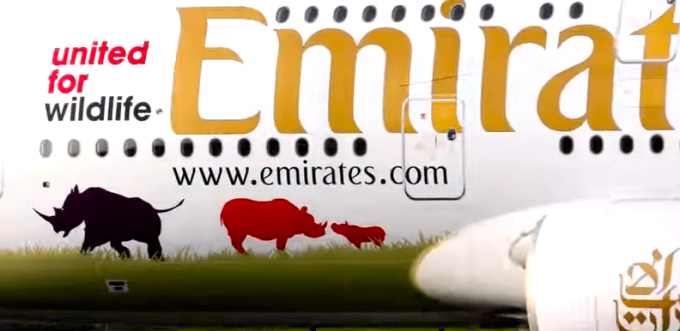Agents not compliant with dangerous goods training rules will be struck-off, warns IATA
Forwarder associations are warning members that they must upload their dangerous goods certificates immediately, or ...

IATA is having a busy week at its Dublin AGM. Two bits of news have stood out.
The first follows decisions by both Lufthansa and Latam to stop operating to Venezuela, in light of “the complex macroeconomic situation” – in other words, no cash. Latam Airlines said flights on its Sao Paulo to Caracas route would be suspended within the next few days, while routes to Caracas from Lima and Santiago would be halted by the end of July. Lufthansa’s Frankfurt services end ...
Asia-USEC shippers to lose 42% capacity in a surge of blanked sailings
USTR fees will lead to 'complete destabilisation' of container shipping alliances
Outlook for container shipping 'more uncertain now than at the onset of Covid'
New USTR port fees threaten shipping and global supply chains, says Cosco
Transpac container service closures mount
DHL Express suspends non-de minimis B2C parcels to US consumers
Zim ordered to pay Samsung $3.7m for 'wrongful' D&D charges
Flexport lawsuit an 'undifferentiated mass of gibberish', claims Freightmate
Cancelled voyages take the sting out of spot rate declines this week
Uncertainty over US tariffs sparks interest in bonded warehouses for imports
Shippers warned: don't under-value US exports to avoid tariffs – 'CBP will catch you'
Blanked sailings in response to falling demand 'just a stop-gap solution'


Comment on this article